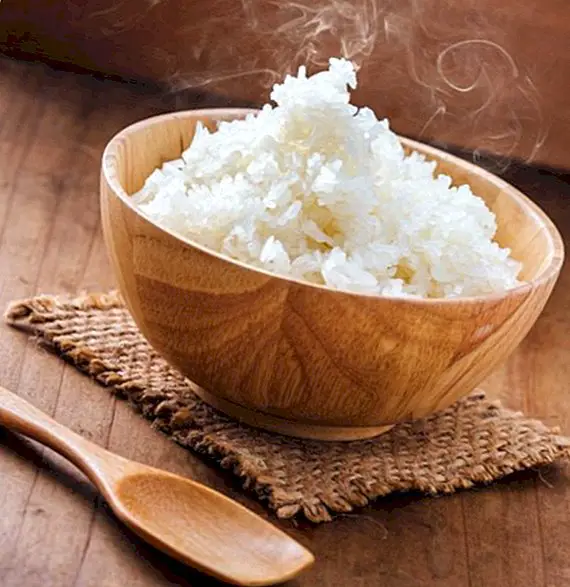Glutamine: non-essential amino acid
 The amino acids they are fundamental essential nutrients for our organism, which consist of organic compounds that our body synthesizes or obtains from food to build new proteins. Precisely in this sense, and depending on whether our body is able to synthesize them by themselves, they can receive the name of non-essential amino acids or of essential amino acids.
The amino acids they are fundamental essential nutrients for our organism, which consist of organic compounds that our body synthesizes or obtains from food to build new proteins. Precisely in this sense, and depending on whether our body is able to synthesize them by themselves, they can receive the name of non-essential amino acids or of essential amino acids.
And how are essential amino acids different from non-essential ones? Very simple: the essential amino acids are those that our body is not able to synthesize, so that the only way to provide them is from the diet. While non-essential amino acids can be synthesized by our body.
The glutamine It is a non-essential amino acid that we find in large quantities both blood and muscle level.
What is glutamine?
As indicated briefly in the previous line, glutamine is a non-essential amino acid that our body can synthesize. Hence, we find it especially in high concentrations both at the muscular level and at the blood level. In addition, we can also find it in the regeneration of the different intestinal mucous membranes.
Therefore, we are in one of the most abundant amino acids in the muscles.
Functions of glutamine
- It is part of the muscles and blood.
- It helps build and maintain muscle tissue.
- Participates in the regeneration of the intestinal mucous membranes.
- Prevents muscle wasting
- It increases mental activity and favors a correct brain function.
- Maintains the balance of alkaline acid in the body.
Benefits of glutamine for health
Glutamine is an essential non-essential amino acid for blood and muscles, hence we find it in high concentrations in these two elements of our body. In fact, it is useful to prevent muscle wasting, while also helping to build and maintain muscle tissue.
It is especially useful for students, as it helps increase both mental activity and brain functioning.
Since it participates in the regeneration of intestinal mucous membranes, it is an amino acid that helps to maintain a healthy digestive system, reducing in turn the healing time of ulcers.
Where to find glutamine?
Here are the foods that are richest in glutamine:
- Food of animal origin: fish (sushi and salmon), meats, milk and dairy products, and eggs.
- Foods of vegetable origin: vegetables, dried vegetables and whole grains.
Image | avlxyz This article is published for informational purposes only. You can not and should not replace the consultation with a Nutritionist. We advise you to consult your trusted Nutritionist. ThemesAmino acids


